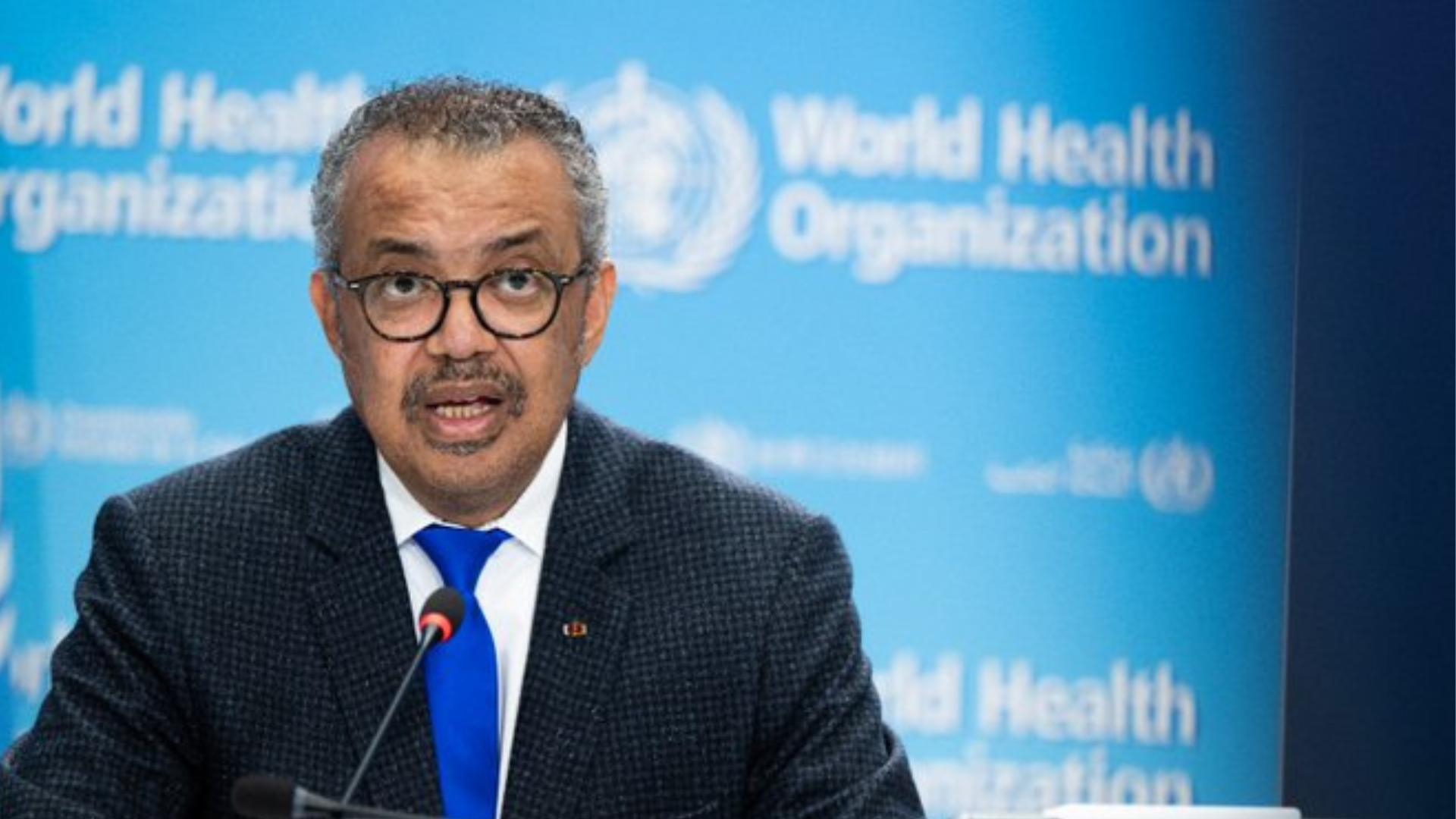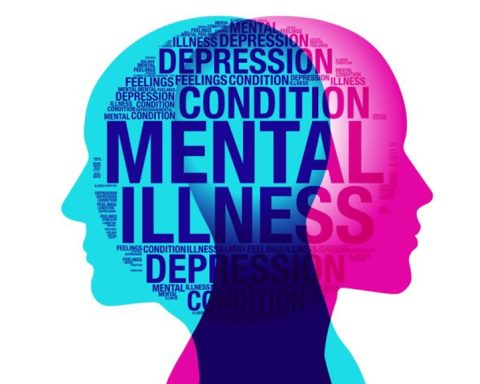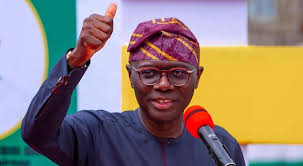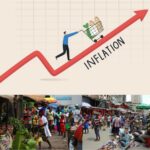When the World Health Organisation (WHO) declares a Public Health Emergency of International Concern (PHEIC), the world listens. For many nations, particularly those with fragile health systems or limited public health infrastructure, these declarations serve not only as alarms but prompt swift policy shifts, budget reallocations, and emergency responses.
In an increasingly interconnected world, a WHO declaration can be the difference between complacency and action.
Join our WhatsApp ChannelTake the recent declaration of mpox as a global health emergency. Prior to the WHO’s 2024 reaffirmation of its PHEIC status, many countries, especially outside of Africa, were slow to respond to the disease’s spread. It was only after the international declaration that national health authorities began to prioritize surveillance, issue public advisories, and roll out vaccination campaigns. Global declarations, in essence, act as policy catalysts.
For low- and middle-income countries, WHO declarations often provide legitimacy to domestic health concerns that might otherwise be ignored or under-prioritized by political leadership. In these countries, international attention can unlock emergency funding from development partners, fast-track procurement of medical supplies, and compel governments to create response task forces. In essence, it gives health authorities the political backing they need to act.
Nigeria’s own experience during the COVID-19 pandemic illustrates this. The day after the WHO declared COVID-19 a pandemic in March 2020, the Nigerian government activated its National Coronavirus Emergency Operations Centre and imposed travel restrictions within days. The speed of that response was directly influenced by global urgency. Similarly, in 2014, the Ebola outbreak in West Africa triggered sweeping health reforms across the region once the WHO raised the alert level, leading to better coordination and investment in epidemic preparedness.
READ ALSO: WHO Reaffirms Mpox As Global Health Emergency Amid Rising Cases
However, not all national responses are equal. While global health declarations carry weight, their effectiveness depends on political will, institutional capacity, and public trust. Some governments respond decisively, while others delay or downplay the risk, sometimes due to economic pressures, public skepticism, or fears of political fallout. In extreme cases, declarations are met with denial or suppression of information, as seen in the early stages of various outbreaks around the world.
Another challenge lies in sustainability. Once the immediate threat passes and international media attention fades, policy momentum can slow, and temporary measures are rolled back. This reactive cycle, emergency declaration, surge in activity, and then back to business as usual, prevents countries from building long-term resilience. National health policies often remain vulnerable to the next outbreak unless governments institutionalize changes made during emergencies.
That said, declarations still serve a vital function. They help standardize global responses, foster international cooperation, and trigger coordinated funding mechanisms. They also provide an authoritative voice in an age of misinformation and fragmented narratives. In countries where health misinformation is rampant, a WHO declaration can help steer public discourse and bolster scientific messaging.
READ ALSO: WHO Introduces Tool To Scale-up Country Emergency Capabilities And Response
To improve the long-term impact of these declarations, governments must go beyond temporary measures and build stronger health systems. This includes investing in data-driven surveillance, training public health personnel, and strengthening healthcare access at the community level. Declarations should be used not just as a crisis tool but as a policy accelerator, an opportunity to close gaps in preparedness and move toward more equitable, robust health systems.
In the end, the value of a global health declaration lies in what nations do with it. It’s not just a headline, it’s a prompt for action, reform, and, ideally, a more coordinated global response to future health threats.
Amanze Chinonye is a Staff Correspondent at Prime Business Africa, a rising star in the literary world, weaving captivating stories that transport readers to the vibrant landscapes of Nigeria and the rest of Africa. With a unique voice that blends with the newspaper's tradition and style, Chinonye's writing is a masterful exploration of the human condition, delving into themes of identity, culture, and social justice. Through her words, Chinonye paints vivid portraits of everyday African life, from the bustling markets of Nigeria's Lagos to the quiet villages of South Africa's countryside . With a keen eye for detail and a deep understanding of the complexities of Nigerian society, Chinonye's writing is both a testament to the country's rich cultural heritage and a powerful call to action for a brighter future. As a writer, Chinonye is a true storyteller, using her dexterity to educate, inspire, and uplift readers around the world.














